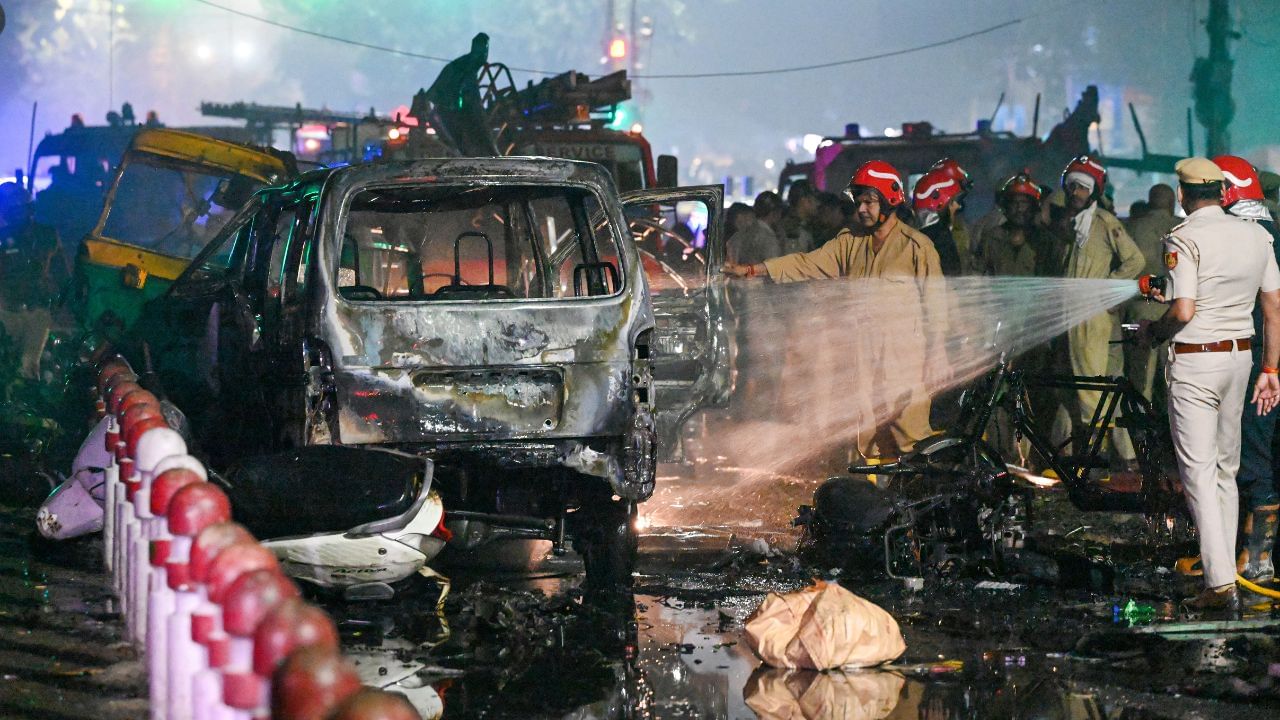Delhi blast
Image Credit source: Getty Images
The explosion near the Red Fort of Delhi has shaken the entire country. Many people were injured in this sudden explosion, while the condition of some remains critical. The sound and scene of the explosion left a deep impact on the hearts and minds of the people present there. After such accidents, many people go through mental conditions like PTSD (Post-Traumatic Stress Disorder) and survivor trauma. Let us know what these problems are and how they can be avoided.
PTSD i.e. Post-Traumatic Stress Disorder is a mental problem, which occurs after a scary or traumatic event. In this, the person gets lost in the memories of that accident again and again, feels afraid and it becomes difficult for him to return to normal life. This condition creates problems like stress, restlessness and lack of sleep. At the same time, survivor trauma occurs when a person survives a major accident or disaster, but he regrets that he survived while others did not. Because of this, the person goes through anxiety, stress and feeling of blaming himself for a long time. Both conditions deeply affect the mental and physical health of a person.
What symptoms are seen in PTSD and survivor trauma?
Dr. A. in the psychiatry department of District MMG Hospital, Ghaziabad. Of. Kumar It is said that a person suffering from PTSD and survivor trauma has a constant feeling of fear, stress and insecurity. Such people are unable to forget that painful incident and start remembering it again and again. Many times they start having dreams or flashbacks of the same incident, due to which they become nervous.
Even the slightest sound, smell or sight can make them restless. Insomnia, feeling tired, increased irritability and maintaining distance from others are its common signs. Some people start blaming themselves and become surrounded by guilt. If these symptoms last for several weeks or months and the person’s daily life, work or sleep starts getting affected, then this condition is considered serious. Without treatment, it can lead to depression, panic attacks or suicidal thoughts, so it is important to seek timely counseling and therapy.
How to protect?
Avoid repeatedly talking or thinking about the accident.
Share your feelings with a trusted person or counselor.
Do meditation and deep breathing exercises regularly.
Avoid repeatedly seeing news of accidents on social media or news.
Contact a mental health expert if needed.
